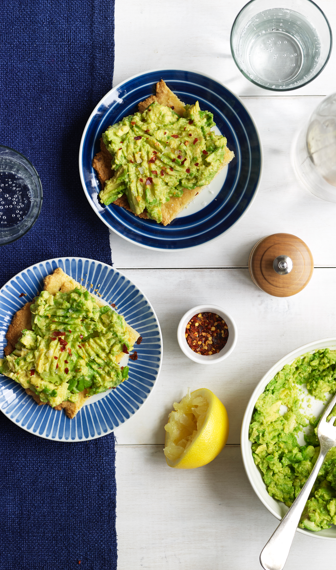Your personal carbohydrate tolerance is your body’s natural point of equilibrium — the point where you don’t lose, or gain any more weight. This number is dependent on a variety of factors, including age, fitness level, activity level and more. Most people will find theirs falls somewhere between 40-120 grams of Net Carbs per day; however, some people that have an extremely difficult time losing/maintaining weight, might find their range even higher. Remember, these are ranges.
Here’s a chart, which compares approximate personal carb tolerance to metabolic resistance. For instance, if you’ve never had much weight to lose, your metabolic resistance is probably fairly low. If you’ve always had difficulty maintaining or losing weight, your metabolic resistance is most likely high.
| If your range* is: | Your Metabolic Resistance is: | What it means: |
| 25 – 40 grams of Net Carbs per day | Very High | Your body is very resistant to losing weight |
| 40 – 60 grams of Net Carbs per day | High | Your body is fairly resistant to losing weight |
| 60 – 90 grams of Net Carbs per day | Average | Your body is slightly resistant to losing weight |
| 90 – 120 grams of Net Carbs per day | Low | Your body is efficient at losing weight |
*Raising your activity/exercise increases your range.
Why is knowing your personal carb tolerance essential?
To maintain your goal weight once you achieve it, you need to learn how many grams of Net Carbs you can consume each day without regaining weight.
How do you find your personal carb tolerance?
You begin to get a handle on your threshold for carbs during Pre-Maintenance, when you may have to “play around” within a 10-gram range to continue the process of losing the last few pounds. When you reach your goal weight and stay there for a month, you are officially in Lifetime Maintenance and have found the way you should eat for the rest of your life. We call that level of carb intake your personal carb tolerance. In the simplest terms, your personal carb tolerance is the number of grams of Net Carbs you can eat while neither gaining nor losing weight.
Once I establish my personal carb tolerance, will it remain constant?
Not necessarily. Your personal carb tolerance may decrease as you age and become less active, or increase if you choose to increase your level of activity. Changes in drug regimens or the onset of menopause can also impact your personal carb tolerance.

